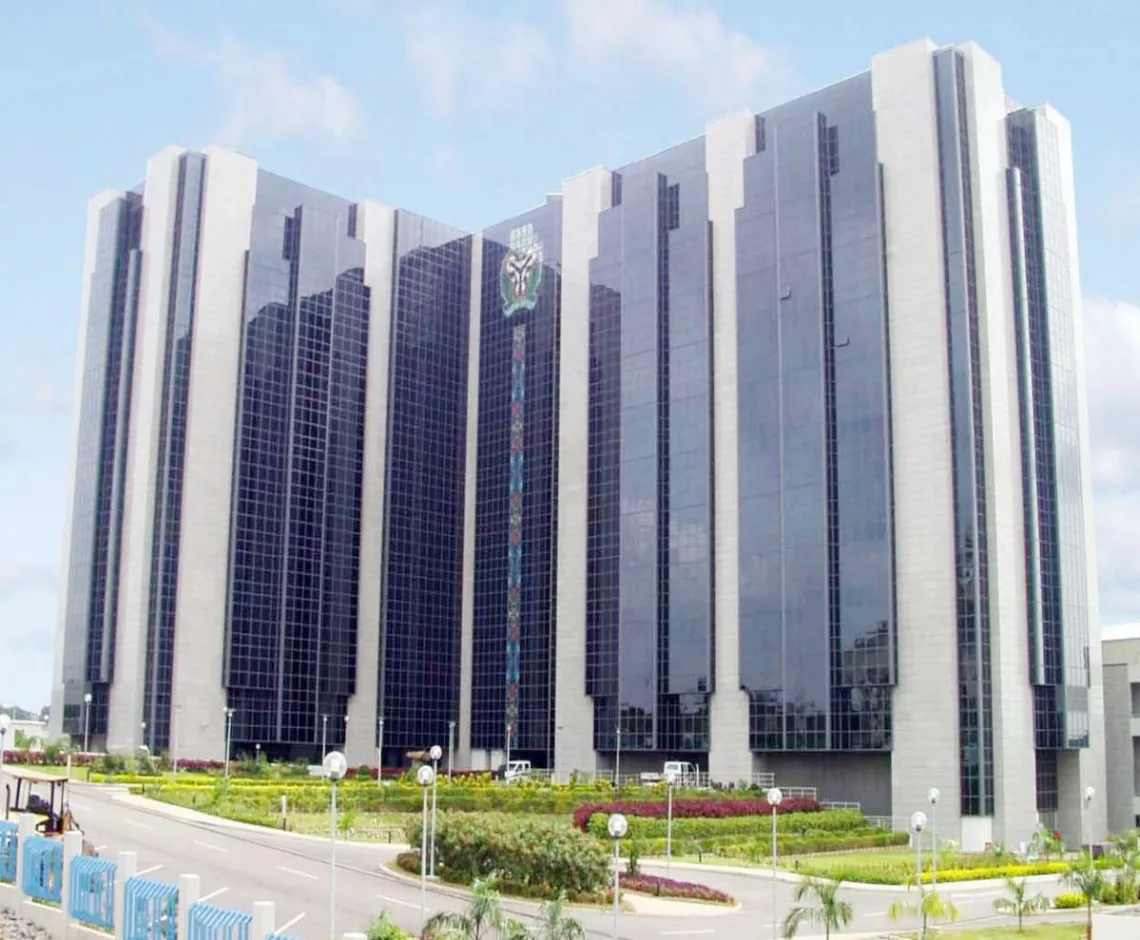The had recently lifted restrictions at the official window, to allow banks trade freely as it collapsed all segments of the foreign exchange market into the Investors’ and Exporters’ (I&E) window. It had also announced several other changes in the operations of the foreign exchange market in the country
With the new arrangement, all eligible foreign exchange transactions in the market would only be done via the I&E window, as all other windows cease to exist. At the I&E window trades are executed between a willing buyer, willing seller system at an agreed price through an authorised dealer.
According to the apex bank, the changes aim to promote transparency, liquidity and price discovery in the forex market in order to improve forex supply, discourage speculation, enhance customer confidence and ensure overall stability in the forex market.
The apex bank under the acting CBN governor, Folashodun Shonubi, having abolished segmentation in the forex market said “all segments are now collapsed into the Investors and Exporters (I&E) window. Applications for medicals, school fees, BTA/PTA, and SMEs would continue to be processed through deposit money banks.”
Under the new forex policy is the re-introduction of the “Willing Buyer, Willing Seller” model at the I&E Window with “operations in this window shall be guided by the extant circular on the establishment of the window, dated 21 April 2017 and referenced FMD/DIR/CIR/GEN/08/007. AlI eligible transactions are permitted to access foreign exchange at this window.
“The operational rate for all government-related transactions shall be the weighted average rate of the preceding day’s executed transactions at the l&E window, calculated to two (2) decimal places. “Proscription of trading limits on oversold FX positions with permission to hedge short positions with OTC futures. Limits on overbought positions shall be zero.
“Re-introduction of order-based two-way quotes, with bid-ask spread of A1. All transactions shall be cleared by a Central Counter Party (CCP). Reintroduction of Order Book to ensure transparency of orders and seamless execution of trades.”
Under the new all visible and invisible transactions including medicals, school fees, business and personal travel allowance (BA/PTA), airline and other remittances will now go through the Investors’ and Exporters’ (I & E) window. Thus, banks are to ensure expeditious processing of all eligible invisible transactions on behalf of their customers using the applicable rate at the I & E window.
Asides this, ordinary domiciliary account holders will also have unfettered and unrestricted access to funds in their accounts. Domiciliary account holders are permitted to utilise cash deposits not exceeding $10,000 per day or its equivalent via telegraphic transfer, with banks providing returns to the central bank including the “purpose” for such transactions.
Also, cashdeposits into domiciliary accounts will not be restricted, subject to DMBs conducting proper KYC, due diligence and adhering to the spirit and letter of extant AML/CFT laws and other relevant rules and regulations.
The CBN also put an end to subsidization of forex through the RT200 programme as well as the Naira4Dollar remittance scheme. The CBN under suspended Godwin Emefiele had introduced the Naira4Dollar scheme to encourage processing of foreing exchange remittance through official means by giving N5 for every dollar remitted into the country.
It had also last year introduced the RT200 FX programme which is aimed at raising $200 billion in Foreign Exchange earnings from Non-Oil Proceeds for the country over the next three to five years. A statement signed by the CBN Director, Financial Markets, Dr Angela Sere-Ejembi, the RT200 Rebate Scheme and the Naira4Dollar Remittance Scheme, will cease with effect from 30 June 2023.
Following the collapse of the foreign exchange markets at the official end, the value of the naira had appreciated slightly at the parallel market before stabilising at N755 to the dollar. It had however continued to depreciate at the Investors’ and Exporters’ window from N474 to the dollar which it traded against the dollar before the announcement to N664.04 to N770 and rising to as high as N810 to the dollar.





